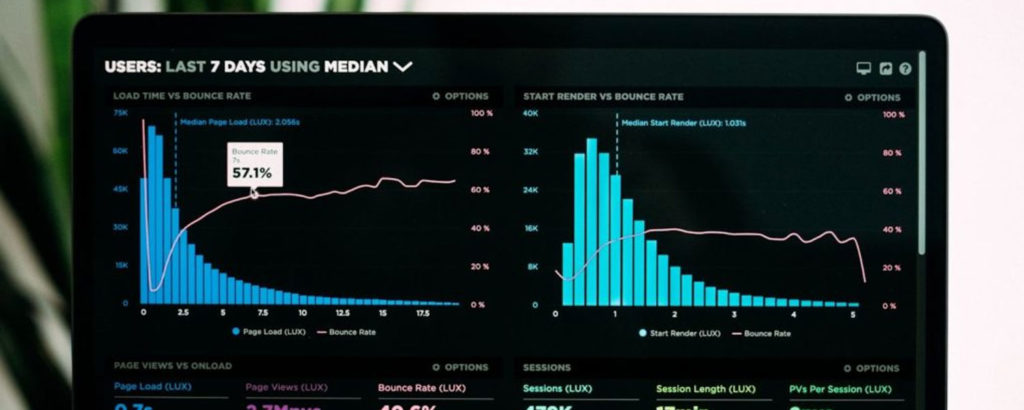Introduction
If you’re going to work on-site PC support calls, you’ll likely want to carry along a full toolkit to be prepared. This is especially important if you support multiple locations; you don’t want to make more trips than needed. Even if you only do servicing in a depot or shop, you’ll still want the same tools.
Bootable Rescue Discs
These are great to have in case a PC isn’t booting. They allow you to run an OS and included utilities from a bootable disc or USB drive. This is all done without installing the OS or utilities on the local drive of the PC.
- Windows System Repair discs: If you can’t access the Repair your computer option from the Advanced Startup Options of a PC with Vista or later, this disc would give you access to those same tools: Startup Repair, System Restore, Windows Complete PC Restore, Windows Memory Diagnostic Tool, and Command Prompt. And in Windows 8 and Later: Refresh and Reset.
- Hiren’s Boot CD: This boot CD is a collection of hundreds of different tools and utilities you can use during troubleshooting, recovery, and other PC support, accessible via bootable DOS programs, a built-in Windows XP or Linux OS.
- Bootable Virus Scanners: There are several bootable virus scanners as well, which allow you to scan and remove viruses from a badly infected PC that is unusable. Consider downloading and using BitDefender Rescue CD, Kaspersky Rescue Disk, F-Secure Rescue CD, or AVG Rescue CD.
For a more thorough review of general bootable rescue discs, see a past article of mine.
Software
Here are some programs you should consider carrying on a USB flash drive:
- Malware Scanners: Even though the end user’s PC might have antivirus installed, it’s always a good idea to run another scanner if you suspect adware, viruses, and other malware. Here are a couple to consider: Malwarebytes, Kaspersky Virus Removal Tool, Norman Malware Cleaner, and SuperAntiSpyware.
- PC Cleaners: A cleaner utility is usually great to run for general PC maintenance. Glary Utilities and CCleaner are two tools you might consider, both of which offer portable editions in case you don’t want to install on the machines.
- System Info: For hardware specs and monitoring, consider Speccy, CPU-Z, or GPU-Z.
- Driver Updates: To check for driver updates, consider the free or paid edition of SlimDrivers, Driver Reviver, or PerfectUpdater.
- Windows Discs: In case you need to do a re-install of Windows, try to carry each edition you might support. You can download the disc image of each edition legitimately from the Microsoft Software Recovery site if you have a valid product key. For Windows 8 or 8.1 if you upgraded from previous Windows version on the same PC, try to download via the Microsoft Upgrade page. For Windows 8.1, there’s also the Windows Installation Media Creation Tool.
- Windows Service Packs: Having the full offline Service Packs for Windows can save downloading time and resources if you run into a PC that needs it. Consider Windows XP SP3, Windows Vista SP1 (32-bit or 64-bit), Windows Vista SP2 (32-bit or 64-bit) and Windows 7 SP1.
- Web browsers: You can also download off-line install files for the web browsers: Internet Explorer, Google Chrome, or Firefox.
- Microsoft Office: Having the Office setup files are great for quick re-installs. Microsoft has a download site for both Office 2007 and 2010 if you have a valid product key.
Remember, for each program you might consider storing an off-line installer or portable version instead of the usual setup file. Offline installers for antivirus, office, web browsers, and other basic software saves you time and effort in the long-run. For tools and utilities, consider the portable edition so you don’t have to install on each machine; quickly run from your USB drive.
Mobile Apps
Consider installing these on your mobile phone or tablet:
- Wi-Fi stumbler: It’s always good to have a simple Wi-Fi stumbler on hand for any wireless troubleshooting, maintenance, or check-ups. They can reveal channel interference and even security issues. In a past article here I list and discuss Wi-Fi stumblers for Windows, Mac OS X, and Android devices.
- Network utility: Having a general network utility app is great when troubleshooting or when trying to scan the network. For instance, the Overlook Fing app for Android and the Network Utility app for iOS both let you do pinging, port scans, whois queries, and more.
- Flashlight App: So you don’t always have to carry around a regular flashlight, consider using an app on your mobile phone, useful when working under desks, inside the PC, and other darker areas.
I list many more apps in previous articles for Android and iOS.
Hardware and Tools
Here’s a list of hardware and physical tools you might want to through in your toolkit:
- Spare parts: The basic PC components are great to have for troubleshooting issues and when a replacement is needed: RAM, graphics card, hard drive, and power supply.
- Wi-Fi router and adapter: If you visit homes or small businesses, you might carry a wireless router. If you service larger businesses, you might also carry a basic wireless access point. For either location, you may also want to carry a spare USB wireless adapter.
- Flash drive: For quick access of your tools and utilities, and for transferring data.
- USB drive: A larger USB drive is great to keep on hand for larger data transfers or backups.
- External DVD player: These are useful when working on netbooks and ultrabooks that don’t have a built-in optical drive, or for desktops that have a broken drive.
- Screw drivers: Include a small enough philips to fit inside laptop holes that are also magnetized to prevent losing the tiny screws.
- SATA/IDE to USB Kit: These are very useful when backing up data from hard drives in crashed PCs.
- Molex to SATA power adapters: Good if you run out of SATA power cables inside an older PC but there’s a spare 4 pin Molex.
- SATA to IDE data adapters: These can be useful when installing a newer internal device, like a DVD drive, inside an older IDE-only PC.
- SATA data cables: When installing new internal drives you’ll need more SATA data cables to connect them to the motherboard.
- Power supply tester: These are convenient for testing power supplies, so you don’t have to replace the questionable power supply just to test if a new one works.
- Blank CDs/DVDs: You never know if you’ll be a blank disc, like for backing up data and leaving with the user.
- Ethernet cables: These are always great to have on hand, both a small one for short distances and larger one for longer distances.
- Compressed air: To help physically clean inside PC towers, sticky keyboards, and any other dirty electronics.
- Zip ties: You never know when you’ll need to secure or organize wires and cables.
- Thermal paste: In case you want to reapply the paste on a CPU or GPU that’s overheating or has become detached.
- VGA Signal Generator: If you don’t carry a laptop or monitor around, this lets you quickly test questionable video cards.
Did I miss your favorite tool? Let us know in the Forums what you carry in your toolkit!




I recommend *not* taking the molex-to-sata adapters. Damn things are known to cause fires.
I like this kit.
FlagCourier, can you tell me why is adapter so dangerous?
Thank you.